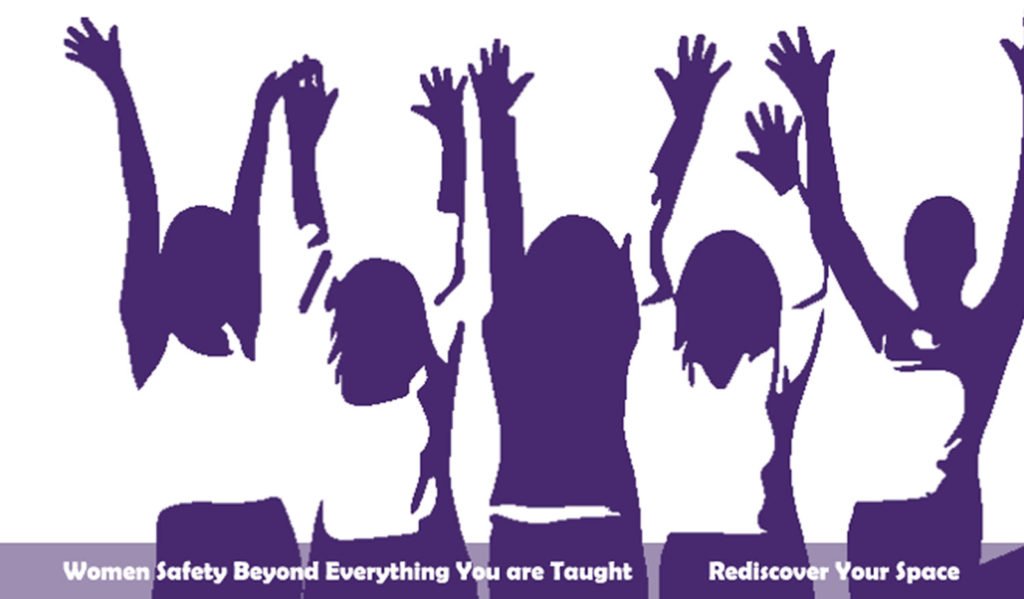A dream is a subconscious imagining that contains images, sounds, and other sensations. There are various myths about dreams. A number of people believe that dreams have a deeper meaning or messages while some believe that a dream is an unconscious wish or desire. Let’s explore more about a dream.
When we sleep, our minds create some images and stories called dreams. Everybody dreams and a dream can be romantic, entertaining, exciting, fascinating, disturbing, fun, horror, fighting or just weird. It can make you feel scared, sad or happy and sometimes a dream may be confusing or rational.
You may see a dream anytime during sleep. There is a sleep phase called Rapid Eye Movement (REM). During this phase of sleep, your brain is most active and you have the most vivid dreams.
Dreams may be influenced by a few factors:
Routine activities:
Daily exercise is a good way to get better sleep. Exercise and other fitness-related tasks can help you stay stress-free that contributes to good sleep and you are less prone to have nightmares.
Diet:
Your diet can be responsible for better dreams and remember your dreams. Foods that affect your mood while you are awake are likely to affect your mood while you sleep (unconscious mood).
Health conditions:
Your health condition is responsible for the length of your sleep. How much you sleep has a big influence on your dreams. Sleep deprivations help you fall into the REM sleep phase more quickly, as a result, you have more chances to see vivid dreams and recall those dreams.
Some facts about dreams:

We may not remember all dreams but every person is thought to dream 3 to 6 times every night.
Possibly every dream lasts for 5 to 20 minutes.
Some dreams are immediately removed from our memory.
Dreaming can help you develop and learn long-time memories.
We spend around 6 years dreaming in an average lifespan.
We see longer dreams during morning hours.
During the REM phase of sleep, our muscles become paralyzed.
Women and kids are more prone to nightmares or scary dreams.
Blind people are thought to dream more than sighted people.
Types of dreams:
Normal dreams:
Thoughts trigger our normal dreams state of mind. Dreams which occur during rapid eye movement (REM) are normal dreams. Your mind stores, casual thoughts, information, knowledge, impressions and experiences throughout the day which can shift into dreams when you sleep. We all have normal dreams every night and these are essential for survival.
False dreams:
False dreams are also considered as daydreams are the dreams you see when you are awake. False dreams may occur when you are wake (sitting in a car, class or meeting) but feeling relaxed and drowsy. A false dream begins with a compelling memory, fantasy or thought and your imagination proceed further.
Recurring dreams:
Recurring dreams are repeated dreams with minor variations in the theme. They can be both positive and negative as it can be due to conflict is ignored or remain unresolved in your life.
Nightmares:
Nightmares are disturbing dreams. You may experience fear, anger, terror, and sadness in a nightmare. If you are stressed or worried about something you are more likely to have a nightmare. For e.g. parents may have a nightmare that their children get hurt or a student may have a nightmare that he gets failed, etc.
Lucid dreams:
Lucid dreams or conscious dreams mean you are aware of the dreaming. Lucid dreams are somewhat similar to normal dreams but you are aware of yourself. With the help of lucid dreams, you can explore the possibilities. Lucid dreams are like the ultimate freedom
For e.g. If you are tensed about an interaction or a conversation, you can practice it during a conscious or lucid dream. You can use your lucid dreams to fulfill your personal desires.
Healing dreams:
Healing dreams work as messages in regard to our health. Dreams can help us prevent potential health issues. Sometimes our bodies communicate with us through dreams in order to tell us that something is not right before we experience symptoms.
Epic dreams:
Epic dreams are vivid, huge and compelling dreams so you can’t ignore these dreams even if you want. The memories of such beautiful dreams stay with you for many years and you feel like you dreamt it recently. Epic dreams make you feel great or profound about yourself or the world. These dreams are just like a life-changing experience.
Precognitive dreams:
These are dreams which may convey the message or predict current or future events. You may have a dream about something that is happening when you are sleeping or is going to happen in the future. Many times we have a dream which becomes true the next morning or in the future.
It is not easy to identify the type of dream. Most of us do not even care about dreams. If you are someone, who tracks or pays attention to your dreams and wants to get in dream interpretation then you can definitely distinguish your dreams. It all needs a little experience and practice.
Dreaming is not in our hands so directly we can’t control our dreams but we may work to improve our dream quality. Dreams are linked to our state of mind that means if we work to better our state of mind it can contribute to better or quality dreams and better sleep as well.
Dreams are a part of life and I believe that it all depends on you how you want to relate a dream. You can join dream workshop with Kaldan Doma for more updates check our event page on kaldandoma.com
















Leave a Reply